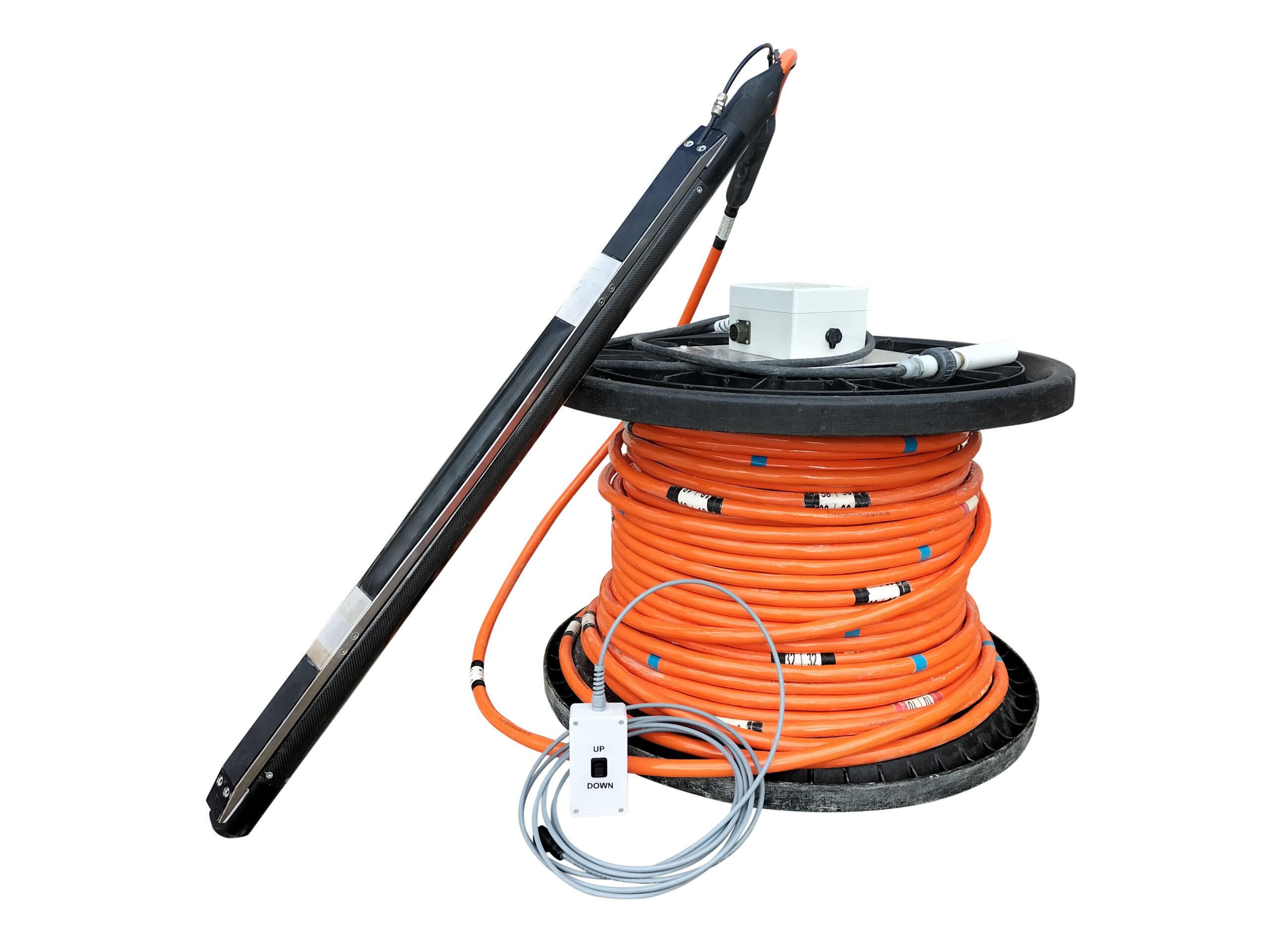MAGNETIC SUSCEPTIBILITY
QL40 MGS
The QL40 MGS combines the Bartington BSS-02B sensor and the ALT electronic interface. The probe is designed for measurement of magnetic susceptibility and is optimized for small diameter boreholes.
The magnetic susceptibility probe is generally used in mineral exploration and for stratigraphic correlation. It is ideal for characterising iron ores and for measuring the extension of ore bodies. Other applications include the delineation of diamond-bearing rocks, paleosoil susceptibility studies and identification of alteration fronts associated with some ore deposits.
The QL40 MGS is supplied as a bottom sub. It can be combined with other logging tools of the QL (Quick Link) product line or can be operated as a standalone tool. It is compatible with Matrix, Scout and ALTlogger acquisition systems.
Sensors
Focused dual coil system
Measurement range : 10-5 to 10-1 CGS
Low operating frequency : 1.36 KHz
Vertical resolution : 25mm normalized to a 50mm borehole
Low temperature drift : <20×10-5 CGS from ambient to 70°C
Temperature – Pressure
0-70°C (32-158°F)
200 bar (2900 psi)
Diameter – Length
42.8 mm (1.68”) – 1.41 m (55.5”)
Weight
6 kg (13 lbs)
Measurements/Features
Magnetic susceptibility : 0.215 m (8.5”) from bottom
Magnetic susceptibility in CGS unit

Manufactured by Geotomographie GmbH
Technical Details
Generated wave types: SV
Signal frequencies: Up to 500 Hz (depending on geology and borehole distance)
Operational depth: Up to 100 m
Source length: 1015 mm
Source weight: 6 kg
Cable weight per metre: 377 g
Borehole diameter: 75-100 mm (or larger if spacers are used)
Clamping system: Infatable bladder
Depth indicator: Cable marking every 2 m
Connector: To impulse generator IPG800 or IPG5000
Storage: On drum
Switch box: Switch between two vertical shot directions

